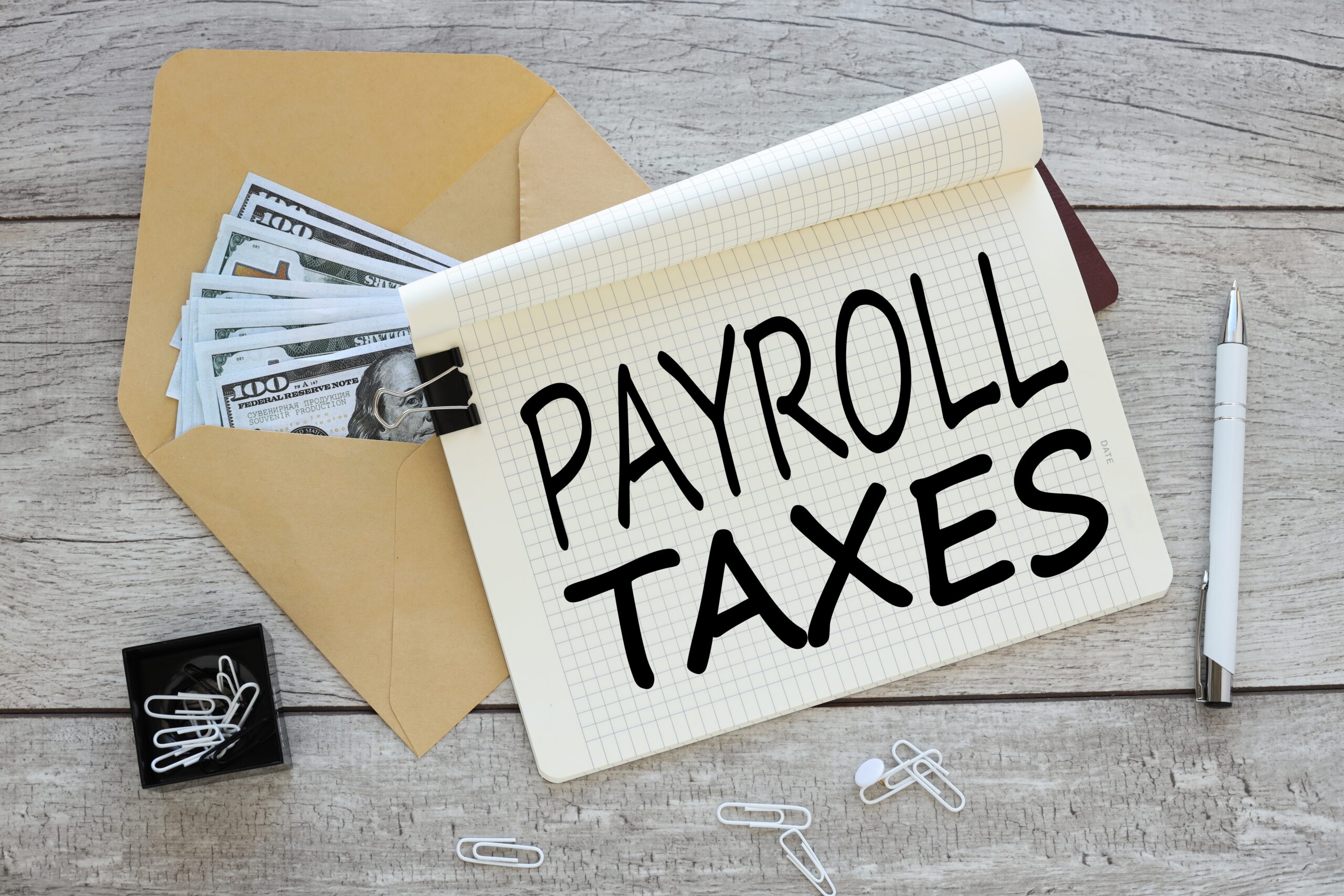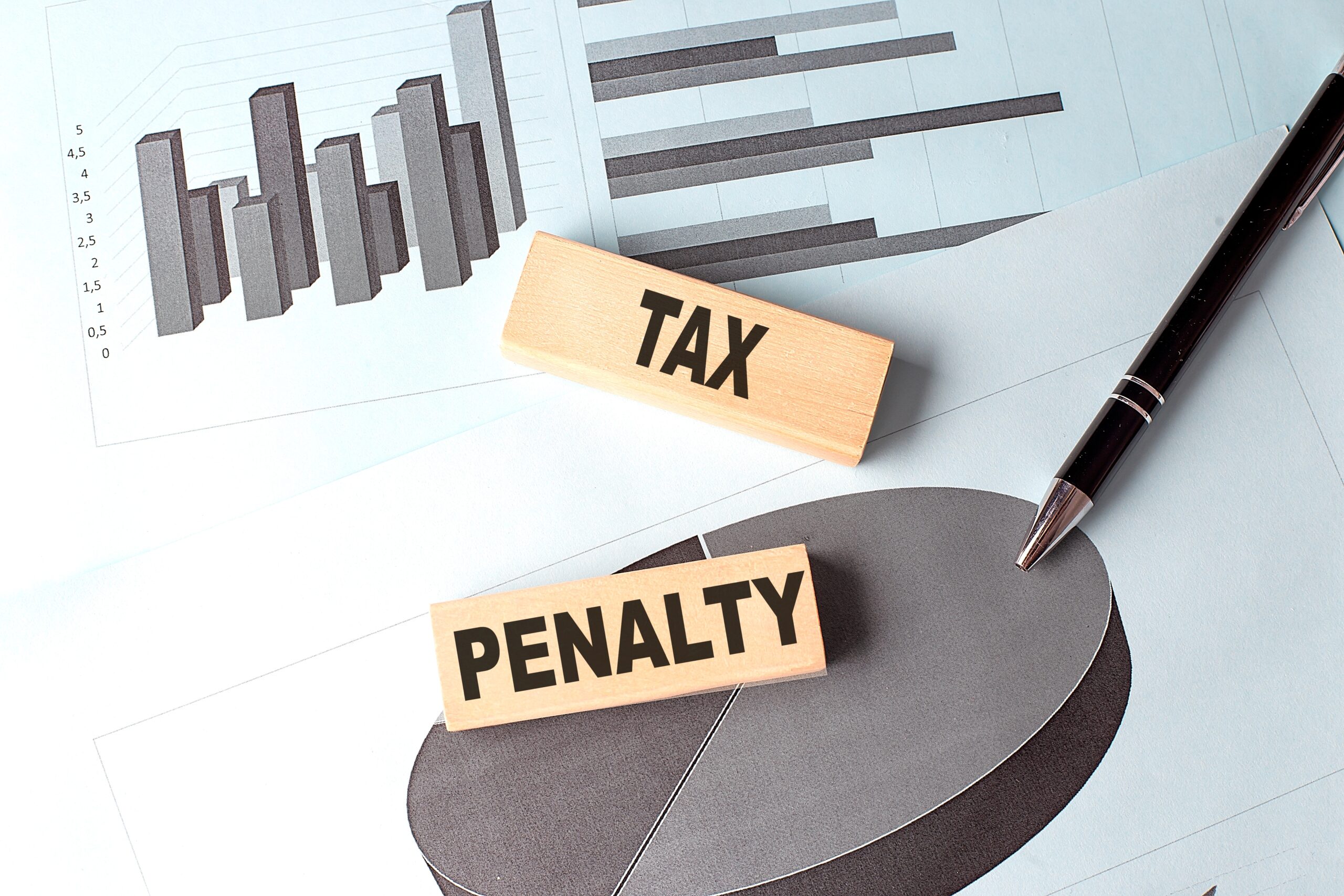Receiving a penalty notice from the IRS is never easy, but you don’t have to face these challenges alone. For taxpayers in Connecticut, understanding penalty abatementcould be the first step toward financial relief. David Rappaport, a tax resolution expert at Rappaport Tax Relief, explains what you need to know about IRS penalties and how you can apply for penalty abatement to reduce or eliminate them.
Common IRS Penalties That Connecticut Taxpayers Face
IRS penalties are typically assessed for:
- Late filing:Failing to file your tax return by the due date.
- Late payment:Not paying the amount you owe by the deadline.
- Underpayment of estimated tax:Failing to pay enough taxes throughout the year.
Each of these penalties can add up, increasing your overall debt and making it more difficult to resolve your tax situation.
Penalty Abatement: A Lifeline for Connecticut Taxpayers
Penalty abatement is a form of relief that allows taxpayers to have penalties reduced or eliminated. While the IRS is strict about tax rules, they also understand that unforeseen circumstances can cause people to miss deadlines or payments. Penalty abatement is designed to offer relief in such cases.
Key Qualifying Reasons for Penalty Abatement
- First-Time Penalty Abatement
- You may qualify if you haven’t been penalized for the past three tax years, are current with all filing requirements, and have paid any taxes due (or arranged a payment plan).
- Reasonable Cause
- If you can demonstrate that you missed deadlines or payments due to events beyond your control—such as a natural disaster, serious illness, or the loss of vital records—you may qualify for penalty abatement based on reasonable cause.
- Administrative Error
- If the IRS made an error that resulted in your penalties, you could apply for abatement to have these penalties removed.
How to Apply for Penalty Abatement
- Evaluate Your Eligibility:Look at the type of penalty you’ve been assessed and determine whether you qualify for abatement. This could be based on first-time relief, reasonable cause, or IRS error.
- Prepare Your Documentation:Gather all supporting evidence, such as medical records, financial statements, or proof of natural disasters, to demonstrate your case.
- Submit Your Request:You can apply for penalty abatement by calling the IRS, submitting IRS Form 843 (Claim for Refund and Request for Abatement), or working with a tax professional to ensure the best outcome.
Why You Should Seek Professional Help
Navigating IRS procedures can be complicated, especially when dealing with penalties. A tax resolution expert like David Rappaport can guide you through the process and help you prepare a solid case for penalty abatement. From evaluating your situation to negotiating with the IRS on your behalf, having an experienced professional in your corner can increase your chances of success.
Act Now to Avoid Further Penalties
The IRS continues to accrue interest on unpaid penalties, which can significantly increase your tax debt. Taking prompt action to apply for penalty abatement could stop these penalties from growing and help you regain financial stability.
If you’re a Connecticut taxpayer dealing with IRS penalties, don’t wait to seek help. Contact David Rappaport at Rappaport Tax Relieftoday to explore your options for penalty abatement and get the expert assistance you need to resolve your tax situation.
David Rappaport is an Enrolled Agent with over 25 years of experience in the field of taxation. He specializes in representing clients before all administrative branches of the IRS and State Taxing Authorities.



